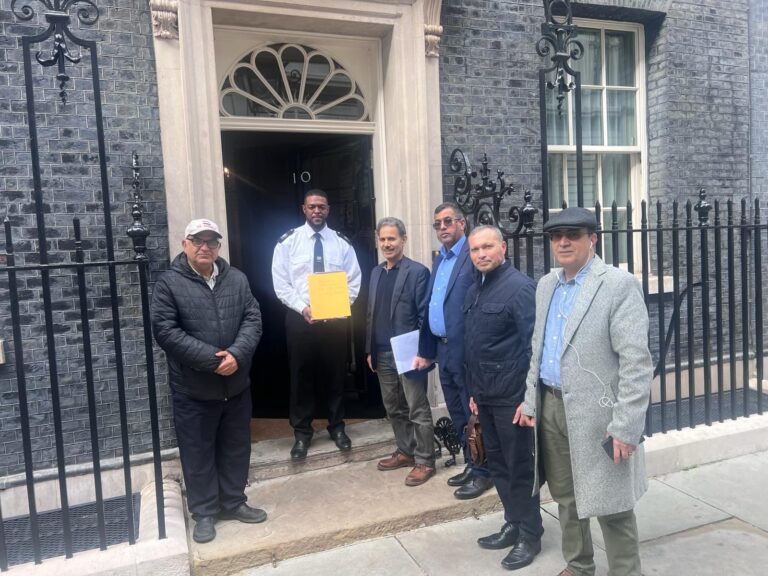The announcement of Narges Mohammadi Nobel Peace Prize win stirred a variety of responses among Iranians. There was considerable speculation surrounding her selection for several reasons. Firstly, upon inquiring with several Iranians about the recipient, they expressed, “Who is she? We’ve never heard of her.” This initial lack of awareness gave rise to speculation. Given the abundance of renowned human rights activists in Iran, questions arose regarding why she was chosen. Furthermore, concerns were raised about how she could sustain her activism while incarcerated in a country known for suppressing such activities. In Iran, imprisonment poses a
significant obstacle as it not only hinders individuals’ ability to continue their human rights activities but also subjects them to severe mistreatment, isolation from their families, and, at times, a lack of access to legal representation. Consequently, the question remained: How could this individual effectively continue her activism while behind bars?
Upon examining these speculations, we can assert their validity based on the following reasons. Firstly, the Iranian regime has a history of ruthless practices against activism, often resulting in capital punishment. Two examples illustrate this situation. The first pertains to Fatemeh Sepehri (born 1964), a political and women’s rights activist and a political prisoner in Iran. Despite her critical medical condition requiring surgical intervention, she has been returned to prison, where she endures severe torture and is unable to continue her activities due to the harsh imprisonment and mistreatment.
Another instance involves Hashem Shabani, a 32-year-old Ahwazi activist who received a death sentence on charges of “Moharebeh” (waging war against God) and “Ifsad fel Arz” (corruption on Earth). His sole offense was co-founding Al-Hiwar, a cultural institute aimed at promoting Arabic education among underprivileged Ahwazi youth. While incarcerated, he composed a poem titled “Seven reasons why I should die.” Following Shabani’s death, his letters and poems were clandestinely taken out of prison and translated into English by Rahim Hamid, a fellow Ahwazi and a student of both Shabani and Rashedi, who narrowly evaded a similar fate.
When examining the fates of these activists, along with hundreds of others, and comparing them to how Narges Mohammadi has been treated, the speculation appears to be quite reasonable. While we are elated that the voices of Iranian women are finally being heard, the cost has been the loss of thousands of innocent women who fought for their basic rights. However, speculation remains inevitable. Two facts remain evident: Firstly, the Nobel Prize relies on nominations, and if you are nominated with support from the committee, you can be awarded the prize. Additionally, it is well-known that the Iranian regime invests significant resources on a global scale to craft a particular image they aim to project. They achieve this by establishing and upholding an extensive Iranian lobby worldwide in an effort to diminish the gravity of inhumane actions against their citizens.
The pressing questions that arise are as follows: Could the Iranian regime, with the influence of the Iranian lobby, have exerted its influence on the Nobel Prize nominations? Is the Iranian regime endeavoring to convey the message that activists in Iran can work securely and continue their endeavors without the looming specter of capital punishment?
Mayasa
17.10.2023










